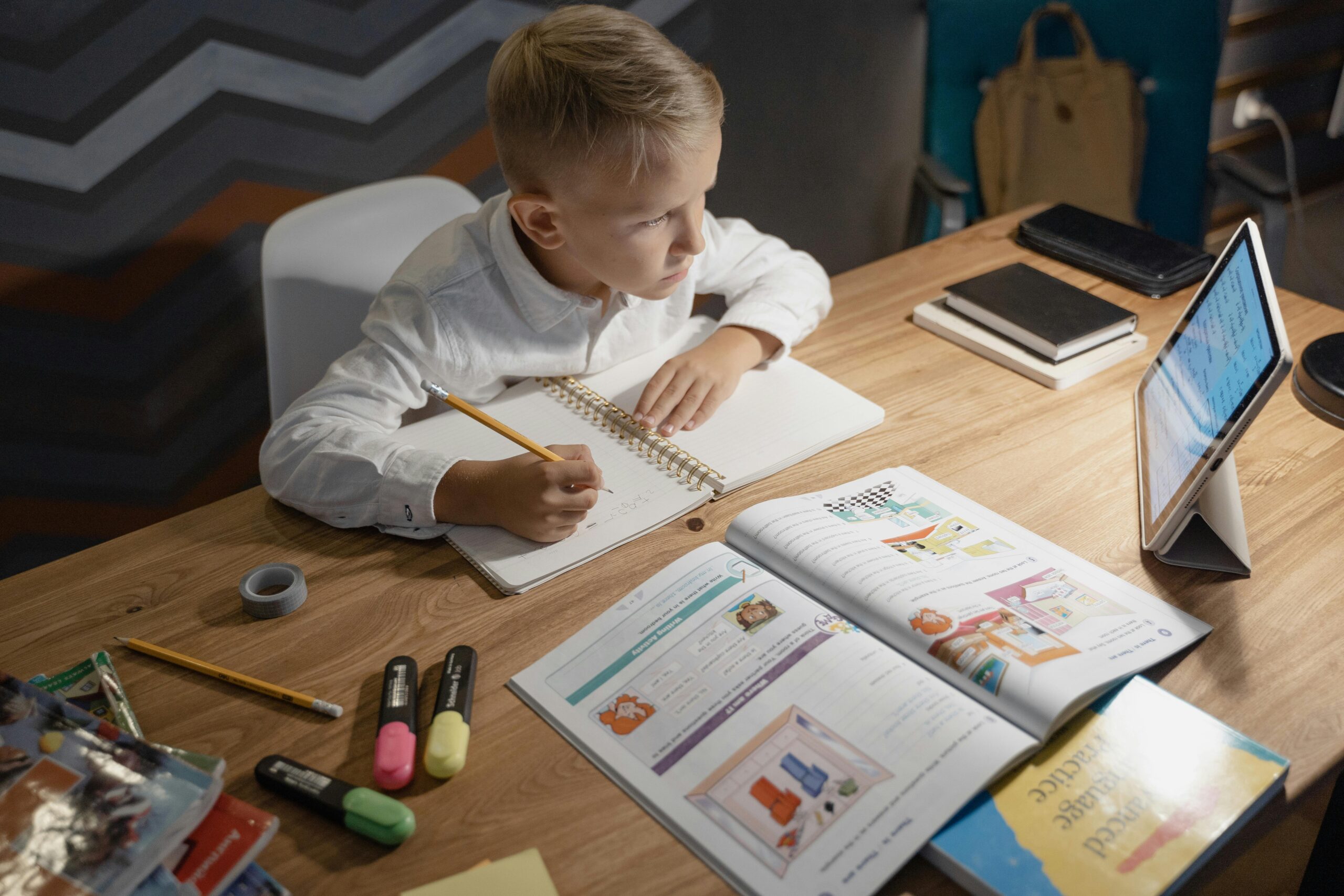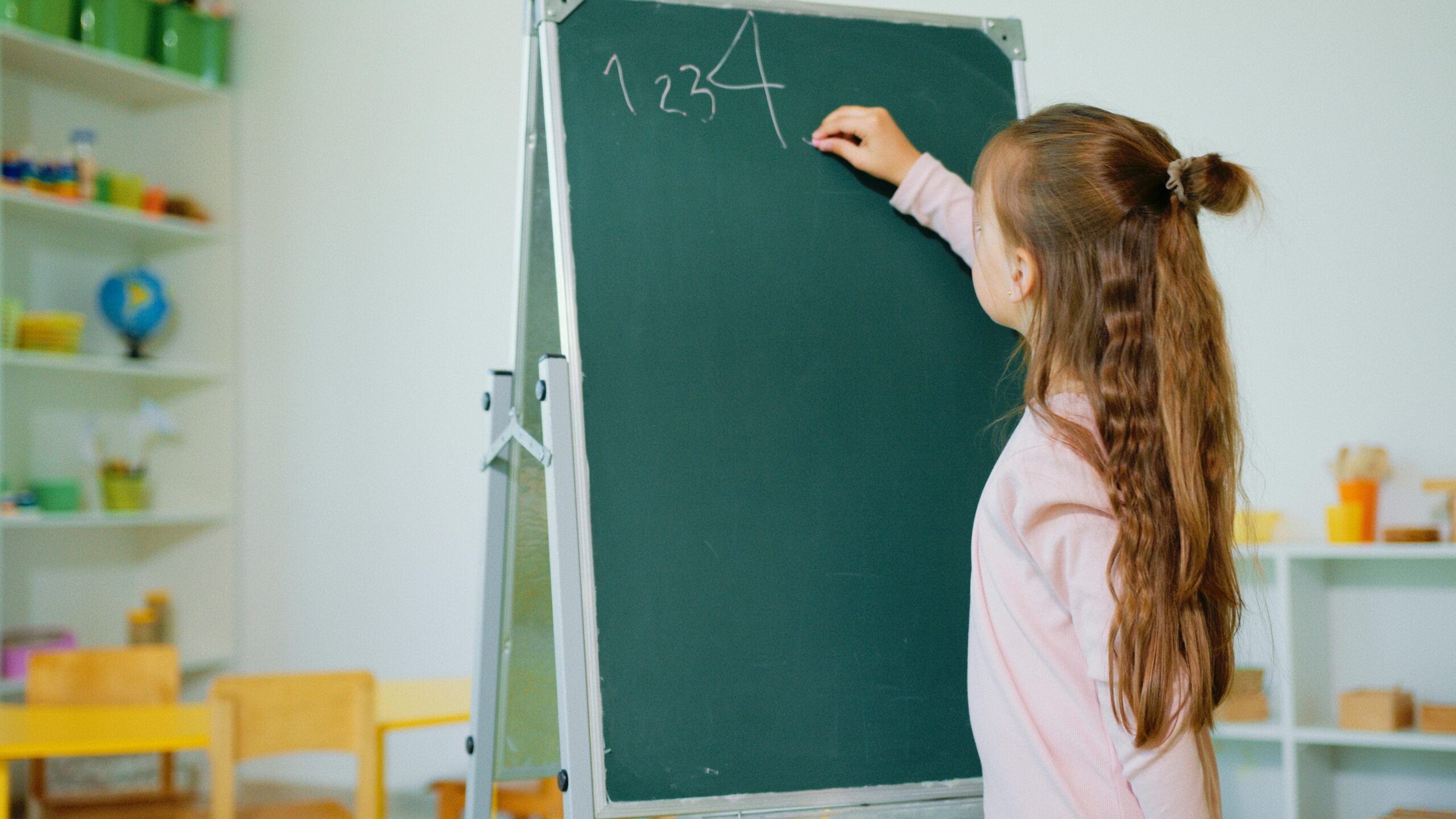An All-Inclusive Guide to Appreciating, Learning, and Comprehending KS3 Poems Poetry is a fundamental component of Key Stage 3 (KS3) English curricula. It helps children develop critical thinking skills, creative expression, and an appreciation of language’s beauty. The function of …
An Overview of KS3 Curriculum Changes For pupils ages 11 to 14, the Key Stage 3 (KS3) curriculum in the UK serves as a transitional period between elementary school and GCSE preparation. As teaching techniques, topic focus, and learning outcomes have …
A Complete Guide of Extended Writing Ideas KS1 For young students, writing is an essential ability that fosters creativity, literacy, and communication. Children learn the fundamentals of writing in Key Stage 1 (KS1), which prepares them for eventual success in …
What Is A Sentence in KS1 The building blocks of language are sentences, which enable us to share ideas, ask questions, and express our views. For pupils in Key Stage 1 (KS1), one of the first steps to language mastery …
KS1 Twinkl Resources Twinkl KS1 resources are now a well-liked and useful resource for educators, parents, and tutors who wish to guarantee that young children are given a solid education. Targeting pupils in the UK’s Key Stage 1 (KS1), Twinkl …
Introduction to SATs for Key Stage 1 Standard Assessment Tests (SATs) for Key Stage 1 are essential to a child’s early education in the UK. The purpose of the Key Stage 1 SATs, which are designed for students in Year …
Introduction To Key Stage 1 Assessment For students in Years 1 and 2 (ages 5 to 7), Key Stage 1 Assessment is an essential component of the UK’s early education system. The first official step in a child’s educational journey, …
Introduction To Key Stage 1 Maths In the UK, Key Stage 1 Maths is a vital starting point for young students, usually encompassing those in Years 1 and 2, or those between the ages of 5 and 7. Through a …
Introduction to Education in the UK The Key Stage 1 In the UK’s structured education system, KS1 is the first level, providing young students with an essential foundation. It focuses on students in early primary school, covering certain age groups …
Formal Language for KS2 is an essential skill that helps students communicate more effectively and appropriately in various situations. It involves using clear and correct language that avoids slang, contractions, and overly casual expressions. By practising Formal Language for KS2, …













